While visiting a local retailer I saw a Supermicro SC-731i-300B on the shelf during the same visit that I was purchasing the Core i7-2600K and ASUS P8H67-M EVO that were used in the Sandy Bridge and H67 chip set for the home server review. It is one of those items that came close to making the cut for the Entry DIY Storage Server Buyer’s Guide, December 2010 but fell just short. Of course, I promptly placed the box in my cart deciding it would make a reasonable home for the H67 Sandy Bridge system.
Test Configuration
- CPU: Intel Core i7-2600K
- Motherboard: ASUS P8H67-M EVO
- Memory: 4GB 1600MHz CL9 DDR3 (4x2GB)
- Hard Drive: OCZ Agility 2 120GB
- Additional NICs: Intel Gigabit CT PCIe x1 network adapter
- Enclosure: Supermicro SC731i-300B
This is one of the new test beds that I will be using in the near future as it allows one to take advantage of Intel’s Quick Sync technology.
The Supermicro SC-731i-300B
Opening the box one is greeted by the normal high-quality foam liner and box of accessories that one is accustomed to seeing with Supermicro’s high-end server enclosures. Frankly, this is just good packaging that protects the case during shipping. A feature making this a very simple installation are the labeled bags of hardware that tell you what the enclosed items are used for.
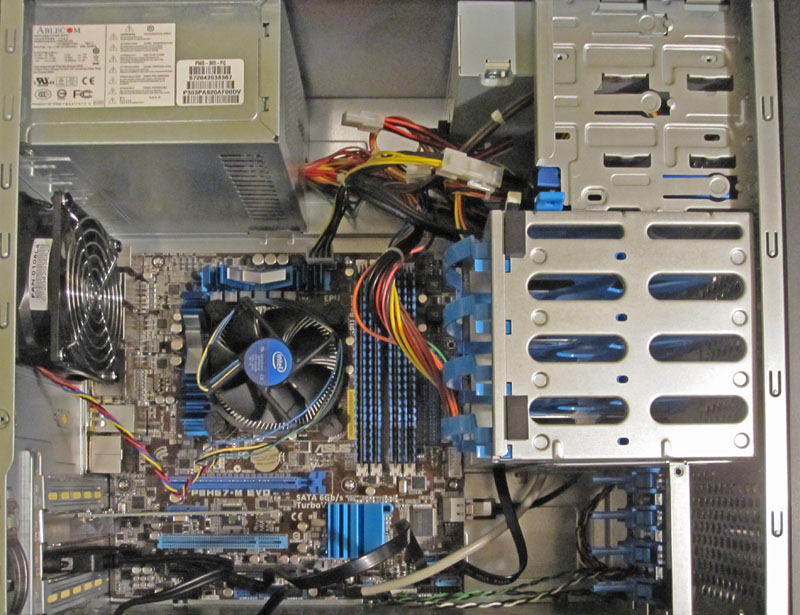
The SC-731i-300B is a mid-tower mATX chassis that includes a 300w 80PLUS Bronze PSU. Clearly the included PSU will not be powering high end graphics cards with that type of maximum power output. In fact the included PSU only has SATA and 4-pin Molex connectors aside from a 4-pin CPU and 24-pin ATX connector. This makes it good for low power servers where one can utilize a low power GPU such as an onboard IPMI 2.0 attached GPU or a on-package/ on-die GPU found in the current generation Atom D525, Clarkdale and Sandy Bridge chips.
Opening the case is a fairly simple affair as it uses a single latch to allow one to remove the side panel.
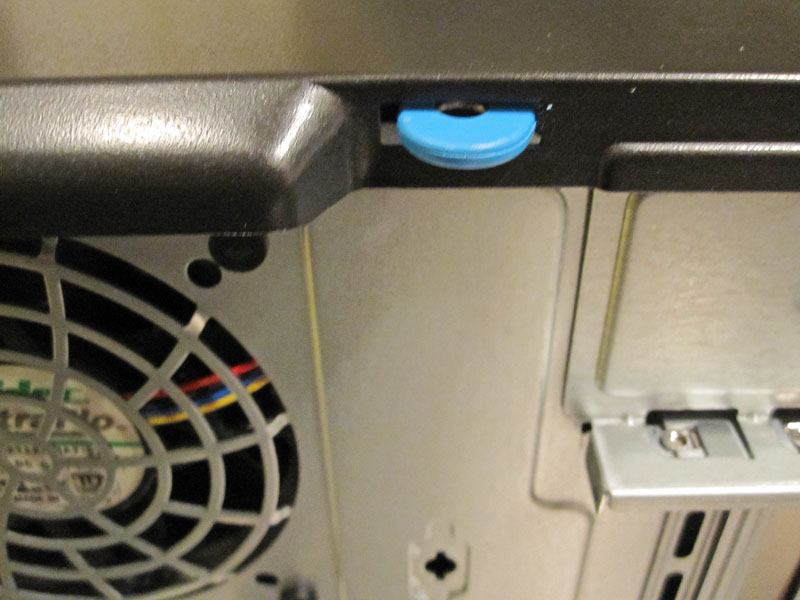
One of the most notable features of the case is the set of four tool-less drive bays. The four drive rack swings out after lifting up on a small lever allowing for quick and easy access to the four drive bays.
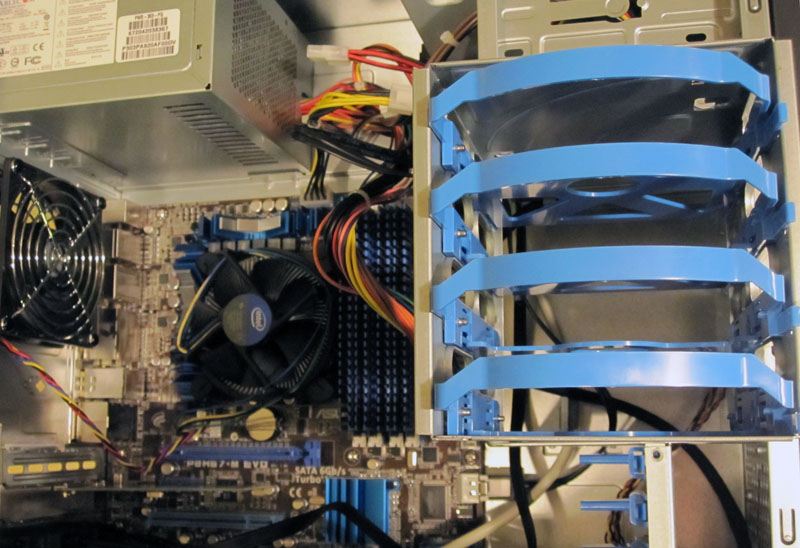
Drives are inserted using blue plastic carriers and are secured to the carriers by pegs that can be simply pressed into the drive’s screw holes. No screwdrivers are needed which is a nice feature making it somewhat easy to replace drives. This, like most cases in this class, provides an easier drive installation and replacement, however it does not offer easy “hot swap” features as the SATA and power connectors are attached directly to the drives instead of intermediate backplanes.
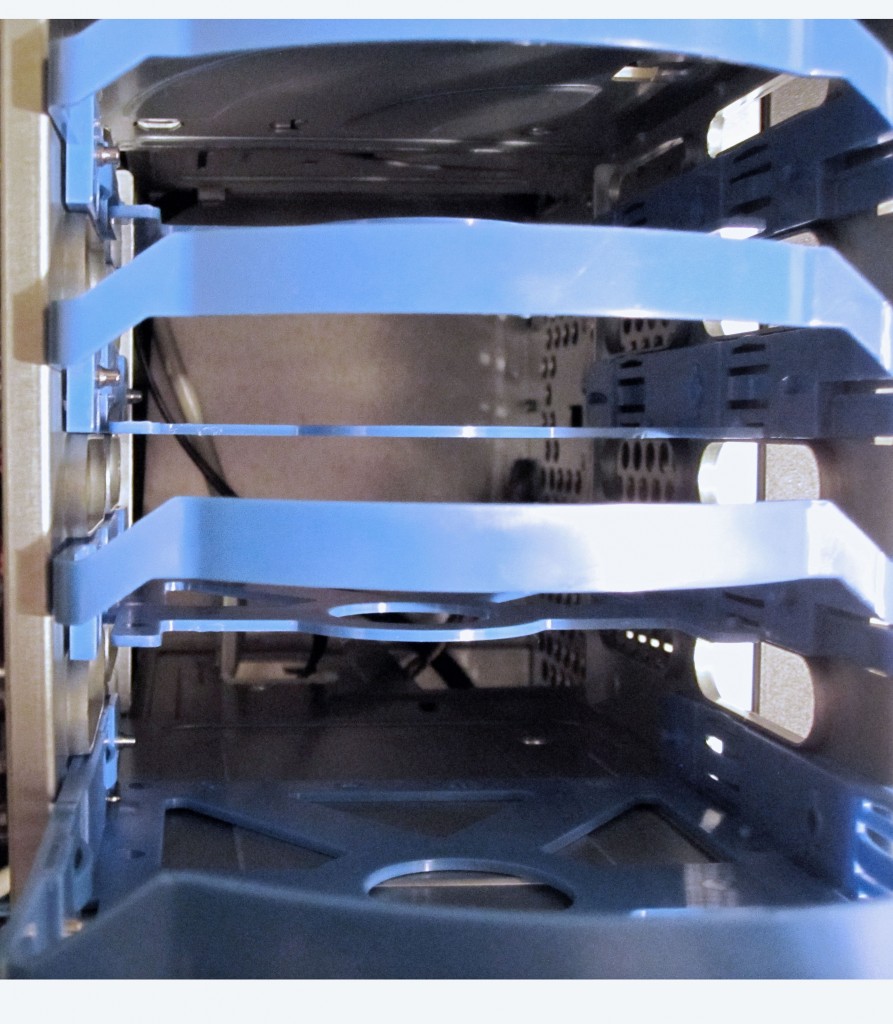
The physical dimensions of the case limit one to four expansion slots which makes sense given the case was designed for mATX motherboards. One really nice feature of the case is the screwless locking mechanism for the expansion cards. One simply depresses the arched metal spring and the locking plate for expansion cards drops out of place.
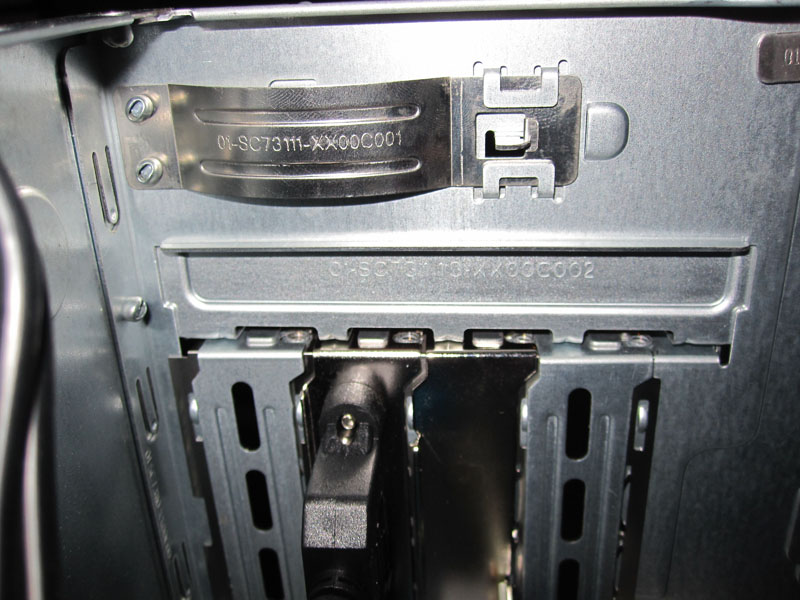
Installing optical drives or back planes in the two 5.25″ bays is a bit more involved than one would think. One needs to remove the front panel pushing a latch on the bottom of the case and then pulling the front bezel out. Once this is done, one removes the plastic 5.25″ bezel and a metal placeholder. Then one adds a rail guide to the optical drive and then slides the drive in place. This is very similar to how many server chassis install mobile racks to front panels so users that have done this will be very familiar with the process.
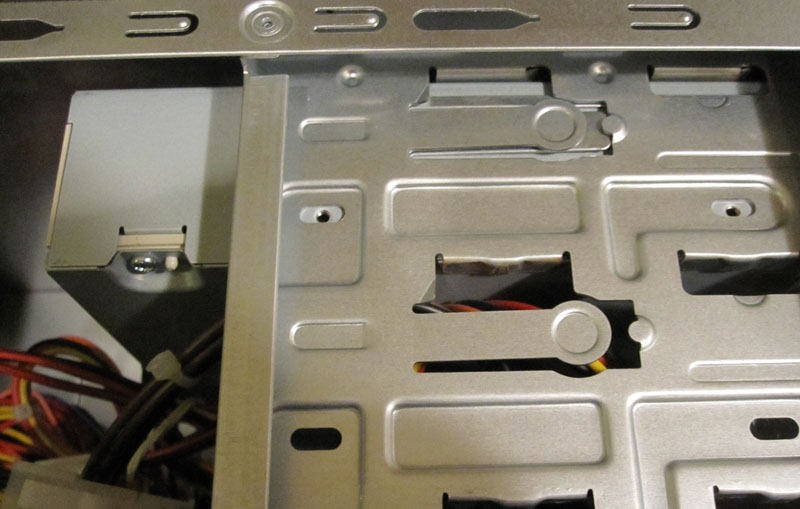
Cooling is provided through the 300w PSU fan as well as a 90mm rear exhaust fan. The two fans together are rated at 25dba so the case is not perfectly silent, but it does provide for very low noise output.
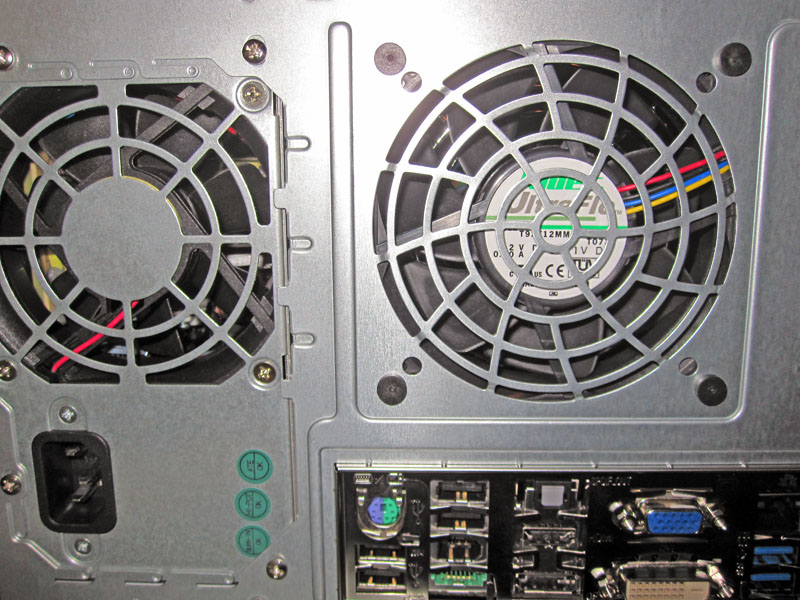
Conclusion
On one hand, the SC-731i-300B is a more expensive chassis than a lot of low end enclosures. On the other hand, it does offer some great features in a relatively small package. The easy to access 3.5″ drive caddy system works well, and the tool-less expansion slots, side panel, 3.5″ drive mounting, and 5.25″ drive mounting make the enclosure very easy to service.

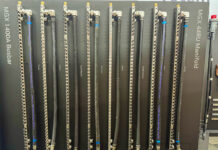

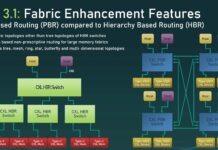
hi,
i would like to see a Define Mini case test :-)
http://www.fractal-design.com/?view=product&category=2&prod=58
regards sebastian
Hi to the author of the article,
I wonder if you still remember this – can the optional front 80mm fan be used for cooling the hard drives or is the mounting space for it located below the hard drive bay?
Thank you for the answer,
Dominik